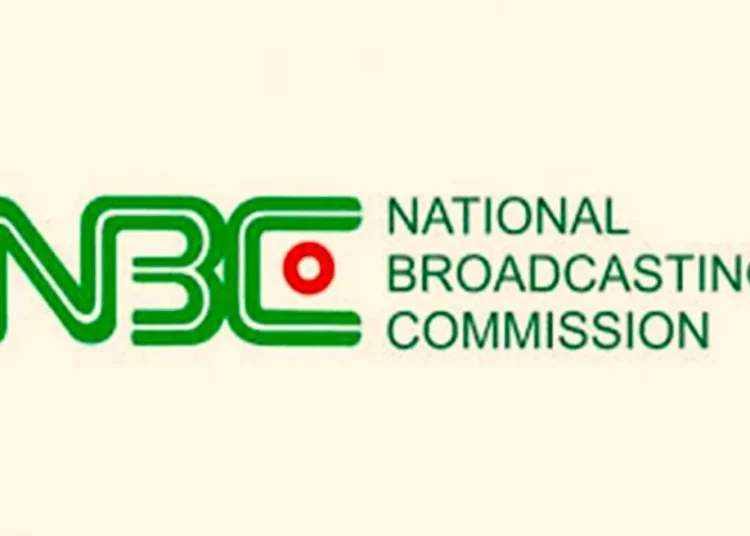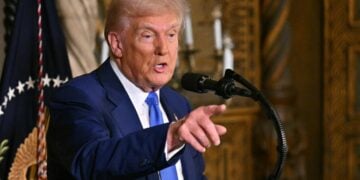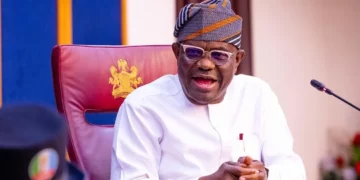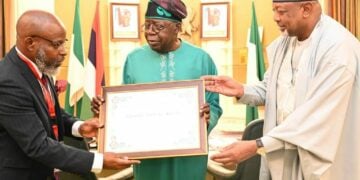The Set Top Box Manufacturers Association of Nigeria (STBMAN) has expressed serious concerns about the direction of Nigeria’s Digital Switch Over (DSO) project, attributing the delays to corruption or incompetence within the relevant agencies.
The National Broadcasting Commission’s (NBC) recent N10 billion grant has renewed interest in Nigeria’s long and troubled journey to digital switchover (DSO) in broadcasting.
STBMAN, represented by its chairman, Godfrey Ohuabunwa, highlighted the significant challenges impeding the DSO’s progress.
He stated that originally, the project was intended to transition Nigeria from analogue to digital broadcasting, in line with the country’s obligations under the International Telecommunications Union (ITU) protocol.
He stressed that the initiative, which began with high hopes, aimed to cover all 36 states by June 2017, a target that has been repeatedly missed.
Ohuabunwa explained that the setbacks began during the pilot phase in 2015, which was marred by misinformation and intervention by the Economic and Financial Crimes Commission (EFCC). These challenges eroded international business partners’ confidence, resulting in only partial coverage in a few states and cities, including Abuja, Lagos, and Port Harcourt, leaving the majority of the country unserved.
Criticism was also directed at the NBC, which oversees the DSO project. According to Ohuabunwa, NBC has failed to demonstrate the necessary leadership, resulting in wasted investments and growing distrust among both domestic and foreign stakeholders.
He emphasised that, despite the federal government’s financial support, the project has stalled, with funds being misappropriated or diverted.
The STBMAN chairman questioned NBC’s recent decisions, particularly the transition from previously agreed-upon Set Top Box specifications to a new hybrid Android/DTH model.
He warned that this change could render significant investments by local manufacturers obsolete and contradict the government’s local content policies.
The association also expressed concern about the potential financial burden on Nigerian consumers, who would have to purchase new Android-based boxes to transition away from the “Free TV” model that had been promised.
Ohuabunwa argued that this shift would not only result in economic losses but would also stifle Nigeria’s technological development.
The STBMAN stated, “Against this backdrop, we believe Mr. President, a believer in Nigerians’ entrepreneurial spirit, will not let these efforts go to waste.” Unlike previous Presidents, the current one understands and benefits from a technology-driven economy and the advantages that come with it, and will thus support the transition’s completion.
“We are therefore drawing the attention of President Bola Ahmed Tinubu and the federal government to the planned misuse of the N10 billion grant by the NBC, which, if not halted NOW, may follow the footsteps of the previous case, which is still pending in court.”
“We have taken this step in the firm belief and support that governmental actions are tailored for the good of the people, and for that reason, no sacrifice is too much to make.
“However, circumstances may compel us to take measures that will salvage our already tainted image from further destruction by the actions of the NBC, which, despite its numerous assurances, has done little or nothing but subjected us to ridicule and embarrassment from our business partners, particularly banks and foreign associates.”
The STBMAN concluded with a request for immediate action from the federal government and President Bola Ahmed Tinubu. It demanded that NBC convene a general stakeholders meeting with key industry players such as the Broadcasting Organisation of Nigeria (BON) and the Independent Broadcasting Association of Nigeria (IBAN) to discuss and agree on the next steps.
They also insisted that the existing DSO framework, established by the 2015 Government White Paper, be maintained and that no new specifications or licences be introduced without widespread agreement.
The STBMAN’s concerns reflect broader frustration within the broadcasting sector about the direction of the DSO project, with many fearing that without immediate intervention, the project will never fully materialise, jeopardising the nation’s technological and economic advancement.





